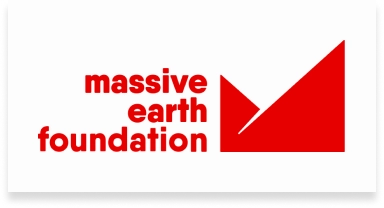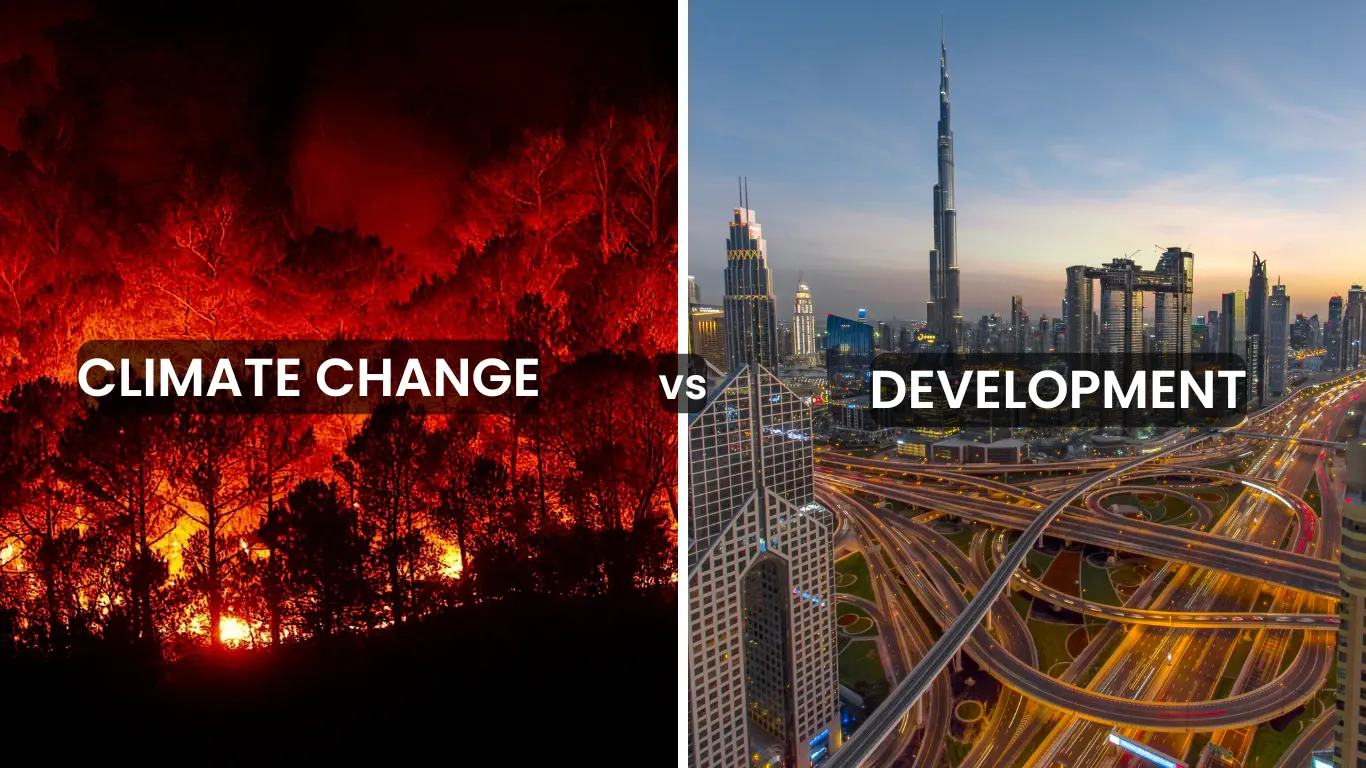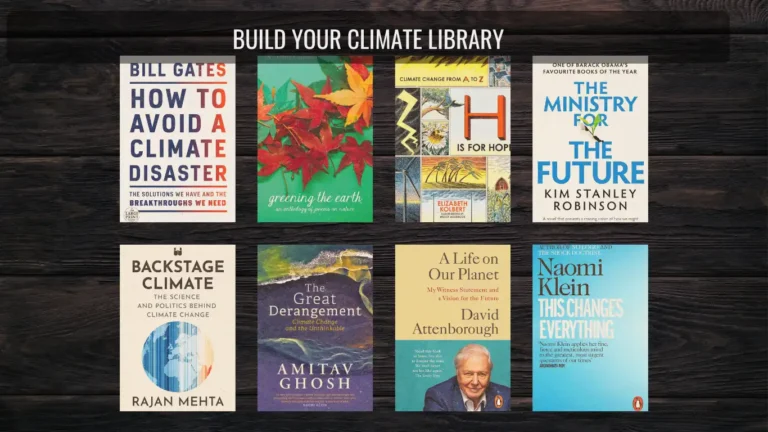The Human Condition
For a long time, human beings have asserted their dominance over nature. Our agricultural fields have successfully destroyed forests, our cities have butchered natural ecosystems, our towering concrete and glass buildings have driven birds away, our gas pumping rides have choked the atmosphere, and our continuous drilling of the Earth for thousand-and-one materials has been successful in bringing unnatural disruptions to natural activities. The atmosphere is growing toxic, storms fierce, temperature hotter – species are vanishing, forests are burning, crops are failing, and weather behaves in such erratic manners that they make a laughing stock of our technology and predictions. Since doomsday is approaching closer, it’s not a bad time to ask the question – Can we really develop our human civilization without destroying the climate? Does human development inherently mean nature’s destruction? And can humans really achieve the peak of development without a healthy climate? Let’s explore.
Human Beings Are Unlike Other Beings
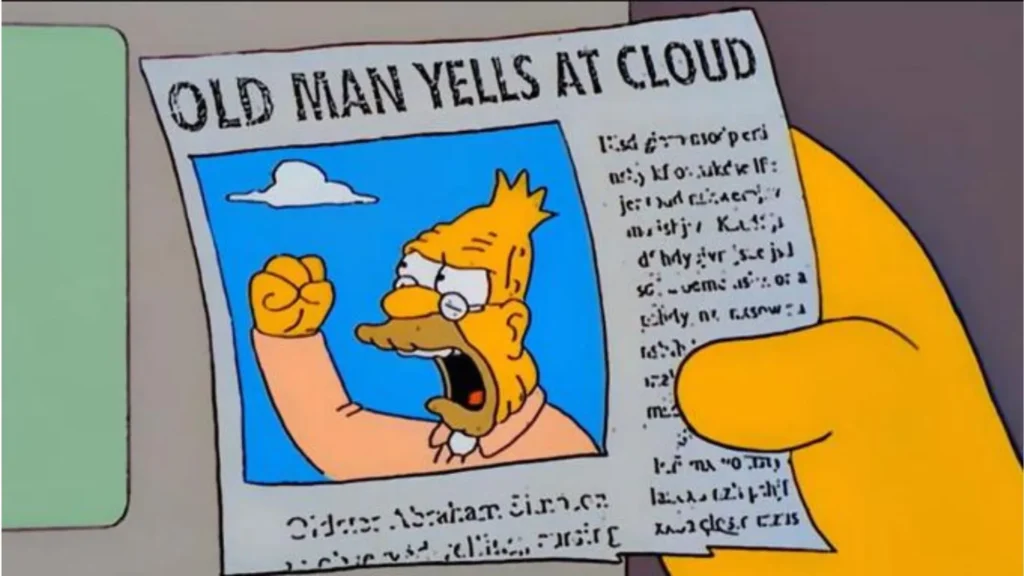
Most of the living creatures on our planet live in the natural world. This means that they dwell in water, forests, caves, mountains, and thousand other places that Nature has created for her own delight. The living beings are one with Nature and establish their homes within nature. Thus, the fishes live in water, trees grow under the sky, animals live in the jungle, and so on and so forth.
This is not the case with human beings, for unlike other living beings, human beings can’t completely live in nature. Humans need protection from scorching heat, biting cold, harsh downpours, snowstorms, flooding rivers, and hundreds of other natural things. Unlike other natural creatures, human beings are a bit feeble, due to which they have to construct artificial habitats to maintain their own survival. Thus, we need solid homes with roofs and glass to guard ourselves from nature’s moods. We need great agricultural lands, farms, livestock, boundaries, weapons, and many other things just to survive and grow. Nature is cruel to us, and if we don’t take measures to protect ourselves, then it’s going to destroy us.
This sentiment of human feebleness against wild nature is perfectly captured in an old Sanskrit text called The Brahma Purana. Here, the narrator, while describing a mythical creation story explains the human’s need to protect themselves from nature:
The innate perfectness of human nature was then no more evolved: the eight kinds of perfection, Rasollāsā and the rest, were impaired[5]; and these being enfeebled, and sin gaining strength, mortals were afflicted with pain, arising from susceptibility to contrasts, as heat and cold, and the like. They therefore constructed places of refuge, protected by trees, by mountains, or by water; surrounded them by a ditch or a wall, and formed villages and cities; and in them erected appropriate dwellings, as defenses against the sun and the cold. Having thus provided security against the weather, men next began to employ themselves in manual labor, as a means of livelihood, (and cultivated) the seventeen kinds of useful grain—rice, barley…..
Even in Greek mythology from the ancient past, we know the story of Acteon & Artemius that showcase the terrible consequences of a human venturing into the wild and how it destroys them. The imaginative idea of a Kraken in the sea, the Monsters in the wood, and Godlike power of thunder, fire, water in forms of Thor, Indra, Agni, etc, personify the powerful role that nature plays in human lives. Nature, therefore, is a powerful force to reckon with and humans cannot fully thrive in open nature. They must guard themselves from nature’s brutal activity to grow their civilization and cultivate their human interest and enjoy life to the fullest.
This maxim is so simple that it’s taught to us as the first and foremost thing in school. In order to survive, human beings need food, shelter, and comfort. Only then can we grow and discover our true potential.
But the schools forgot to teach us exactly how much shelter, food, and comfort we need. Living in a brick house isn’t enough, we must also have abc marble shipped from xyz country. The walls need to be coated with abc plaster for the premium and long lasting effect. We must have rugs from Arabia, elephant tusks from Africa, Eau de parfum from France, and a chandelier for the perfect dinner. We’d also need abc crockery, dinner table made of abc wood from Indian cities, and we need spices for our food, marbles for countertops, glass paneling from chimney, water purifier for consumption, high speed 5-g wifi connection, a couple of sports or SUV cars to show off our high class status in society. Accordingly, we need our rolex and prada and ray bans, mont blanc, and eau de perfume. To live properly, we need things, and to grow things, we must produce, but to produce, we must destroy nature.

Human Impact on Nature & other Living Beings
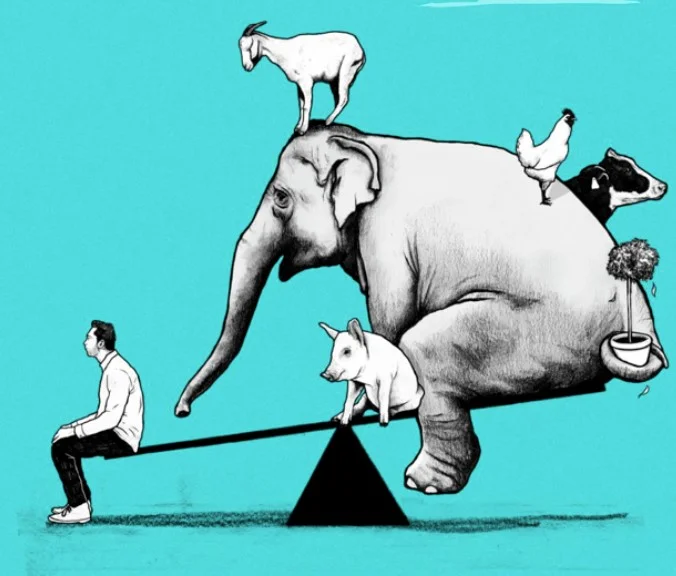
In our quest to grow, unlock our true potential, and develop our societies, we’ve extracted quite a lot of wealth from nature. Nature opened her vaults giving humans a free hand to take how much they require. Alas, we human beings, showing our true nature have plundered her completely leaving nothing for any one other than humans. (It’s not that human beings have utilized nature’s wealth even with their own brothers and sisters, for most of the countries have, at one point or other, waged a war against their neighboring country in pursuit of some material possession). This has resulted in a scarcity of resources putting a pressure on nature to provide abundantly for other living beings on the planet. So, there’s no harm in saying that human beings have created an anthropocentric world, where everything in nature has become about humans, and we humans have declared ourselves as the center of all life.
Our anthropocentric approach has been disastrous for nature & environment. As we move forward on the path of development, we leave behind a massive pile of toxic garbage for nature to deal with. It’s as if Nature, being abundant & bountiful, opened her house for us to enjoy the opulence, and we, in our arrogance, completely trashed the place, and hope to check out without paying the fee. When humans interact with nature they just don’t extract wealth from it – they also leave behind a trace of their activities on nature – a kind of scarring: a footprint.
History, scientific records, news, social media, and common sense reveals that most of these impressions have been toxic and harmful for nature. Our mass producing industries have leaked millions of gallons of harmful carbon and methane gasses into the atmosphere. Likewise, we’ve released bouts of toxic elements in water, soil, air, and practically in everything that we’ve put our hand in. Given such massive exploitation and abuse of nature, it’s not surprising that in just 200 years since the Industrial revolution human beings’s actions on the planet have resulted in an exceptional rise in carbon emissions. This has resulted in accelerated change in climate. So, the changes which should have occurred in millions of years are now happening in a period of centuries & even decades. This unnatural modification in the rate of climate change is commonly known as climate change.
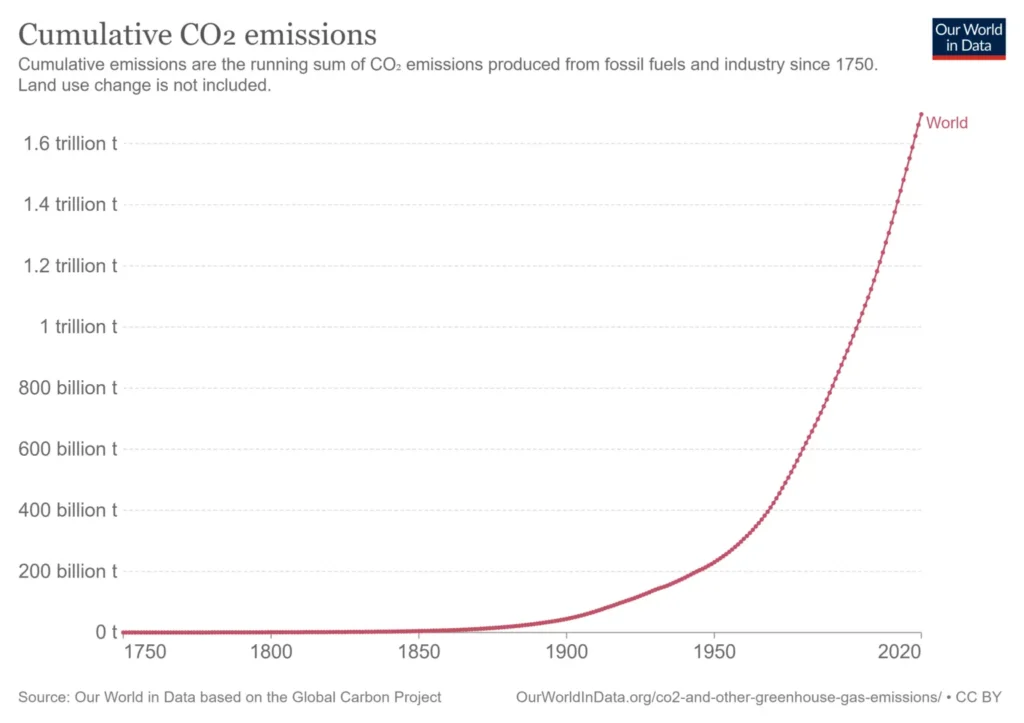
The alarm bells are ringing these days, because human’s impact on the climate is taking its toll. You can stretch things only to a point, before it breaks, and our climate is on the verge of breaking – it’s nearing its tipping point. For centuries, human growth and development has advanced at unprecedented rate showering us with boons of comfort and technological evolution, but it has also scarred nature and polluted the planet to a point that it won’t be able to renew itself. Some wounds cut so deep that they never heal.
So, our quest to develop and grow as human beings, has brought us to a strange point in history. Due to the impact of human activities on climate and the consequential impact of toxic climate on human beings, if we continue to develop and grow in the same manner we’d been doing for the past thousands of years, then we’d only be inviting self destruction. Continuous emission of toxic gasses, pollution, and hundreds of other human activities will trigger a series of climate disasters that can destroy our entire species. Million of years ago, dinosaurs were the king of species – they ruled the planet and exerted their dominance over every other thing. Then, nature destroyed them with so much vehemence that now they exist as petrol and are available for cheap at local gas stations. If we don’t pay heed to our actions on nature, then nature might decide to remove us from the equation as well. After all, the most dangerous thing to nature and a human being is the human being itself.
To Be Or Not To Be
Since our actions have caused so much harm to nature, the question begs to be asked – Should we stop growing or developing? Has the time come to leave the comfort of our homes, dwell in the forest, live by the pond, commune with animals, and live like the Buddha under the tree?
This may be possible for the ultra rich and luxurious who have already tasted all the charms that material life can provide, but a majority of the human population has never had the privilege to enjoy these things. Even though humanity and human society have achieved miraculous pace of development, the boons and fortunes of the developed world are not accessible to every human being.
Basically, more than 50% of the human population does not have access to resources and tools that are necessary to lead a joyful life. There are still billions of human beings who don’t have basic human rights like clean water, access to electricity, education, job equality, and a thousand other things. Now, it may be possible for an ultra high net worth individual with a personal capital of more than $1000 billion to purchase an island or a piece on the moon, launch their private rockets and lead the life of an alienated buddha, but for most of the world, this is fantasy science fiction. Despite so much development and nature’s destruction, humanity is still struggling with basic problems like equal distribution of resources.
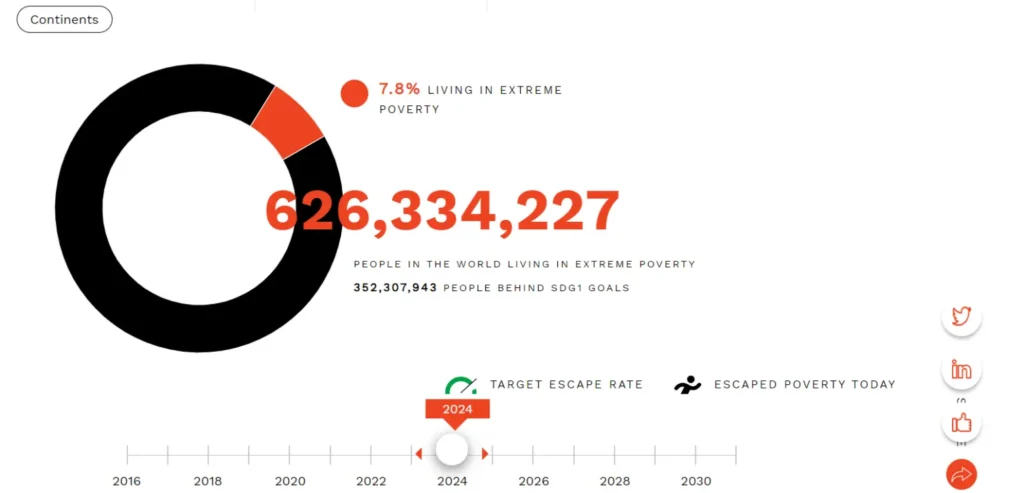
Since a majority of the population has never had any access to boons of modern developed society like electricity, air conditioners, internet, smart phones, etc., it is not possible for human society to cease development and retreat to the ancient methods. As climate change makes the world more hotter, fierce, and dangerous, the need to have air conditioners, power back ups, and strong homes is even more than before.
Thus, the challenge of the contemporary world is not just to mitigate climate change & solve pressing climate issues, but it’s to do so without hampering development and developmental goals. So, the growth and development of our society should not come at the cost of climate, and the healing of our climate should not impact the rate of our development either, since we still need to grow to a point where each human being enjoys their basic rights like access to energy and food.
Mother of Invention
In the past, war forced the cunning politicians to pressurize the greatest scientists in building highly advanced technologies of mass destruction. Thus, the atom bomb and the military computer (with the internet {designed to perfectly calculate the trajectory of the missile & cause maximum damage, and save costs}) came to be conceived during the period of extreme conflict & destruction. Later, these technologies streamed into common public use and evolved to a stage that they actually benefit human beings. Today, the internet has given us so much freedom that the dictators of the past would be horrified to learn that we enjoy so much.
If the conflict of the past held so much potential to develop advanced technologies like nuclear energy, the computer, and the internet, then the conflict of the future can also prompt the greatest minds on Earth to conceive some form of technological solutions that can not just solve climate change but also achieve developmental goals & create happiness for everyone.
If the major governments of the world can dedicate such a large amount of budget to destructive areas like defense & warfare, then they also hold the power to finance solutions for development of climate friendly technologies. An alignment between politicians, policy makers, scientists, innovators, industries, consumers, and the general public can actually convert the oncoming disaster into a wonderful opportunity for development, creativity, innovation, and compassion.
Human history is loaded with stories of internal conflict where human beings have failed to co-exist with other human beings and nature resulting in large scale mutual destruction. The threat of climate change in the future actually holds the potential for human beings to overcome these basic instincts and develop opportunities for communion & collaborations to join hands and fight against climate change as a whole.
Thus, like all other things, climate change also contains a blessing in disguise. On one hand, it threatens to destroy all of humanity and living conditions if nothing is done to stop it, but on the other hand it also brings an opportunity for human beings to transform their lifestyle on a global scale resulting in innovation, development, mutual growth, and an ecosystem that’s one with nature and cultivates it ever the more.
Conclusion
So, to answer the original question – Can humans really achieve development without destroying climate: the hopeful answer is – Yes, humans can succeed, develop, and grow without destroying climate, but the same demands a radical transformation – an alchemy in the way we’ve been growing and living. The technologies of the past must evolve to address the issues of the present, and human civilization must learn to live like a global family in order to achieve true development.
